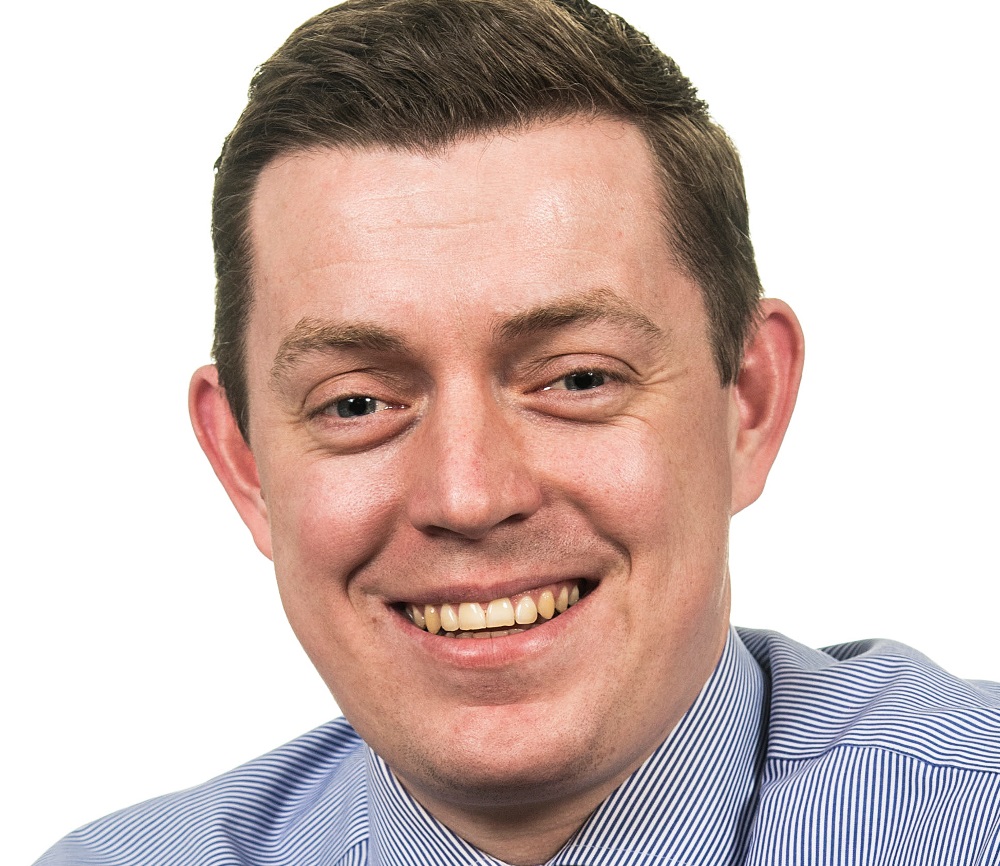French Duncan: Doctors’ pension cuts make it better to retire than to save

Stephen Oates
The latest survey of doctors by the BMA highlights the problems arising from changes to tax on pension savings, according to leading accountants and business advisors French Duncan.
A BMA Scotland survey has shown that many doctors now believe that it would be better for them to retire than to be penalised, as they see it, for continuing to save into their pensions.
This situation has arisen following measures introduced which were designed to limit the cost of pensions tax relief to the Treasury but are having the unwelcome consequence of penalising doctors, and other professionals, from making further pension payments.
Some members of the medical profession have found changes to legislation mean their earnings are being swallowed up by the tax system. It has recently been reported that some NHS consultants are being landed with tax bills of up to £87,000, prompting them to reduce working hours or even take early retirement.
Stephen Oates, tax director with French Duncan, said: “The doctors’ problems primarily stem from the implementation of the pension annual allowance tapering rules. These have two key trigger points:
- ‘Threshold income’ (broadly speaking total income from all sources, less personal pension contributions) exceeding £110,000; and
- ‘Adjusted income’ (broadly total income from all sources plus employer pension contributions) exceeding £150,000.”
“If both levels are crossed, then the standard annual allowance for pension contributions of £40,000 is reduced by £1 for each £2 ‘adjusted income’ which exceeds £150,000, subject to a minimum annual allowance of £10,000. The all-or-nothing nature of the triggers can mean that just an extra £1 of earnings brings the taper rules into play. That additional £1 could, therefore, result in an additional tax bill of much more than £1.”
Mr Oates continued: “To complicate matters further, £110,000 sits almost in the middle of the band of income between £100,000 and £125,000 at which the personal allowance is tapered away, creating an effective marginal tax rate of up to 60 per cent (61.5 per cent in Scotland). Added to that will usually be 2 per cent national insurance contributions.”
“Many doctors have been surprised by their pension tax bills and had been unaware of the direct impact these changes to the pension taper rules, introduced from April 2016, would have on them.”
Mr Oates added: “There are ongoing discussions between the Treasury and the Department for Health and Social Care about this issue, but it seems highly unlikely the former will forgo the revenue generated by the annual allowance rules (over £560m in 2016/17). The result could be, as the BMA Scotland survey highlights, many more doctors seeking retirement rather than paying additional tax for limited additional pension benefits.”



